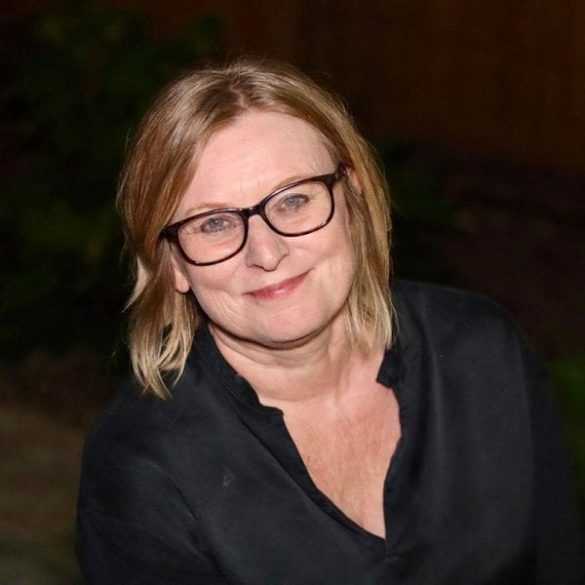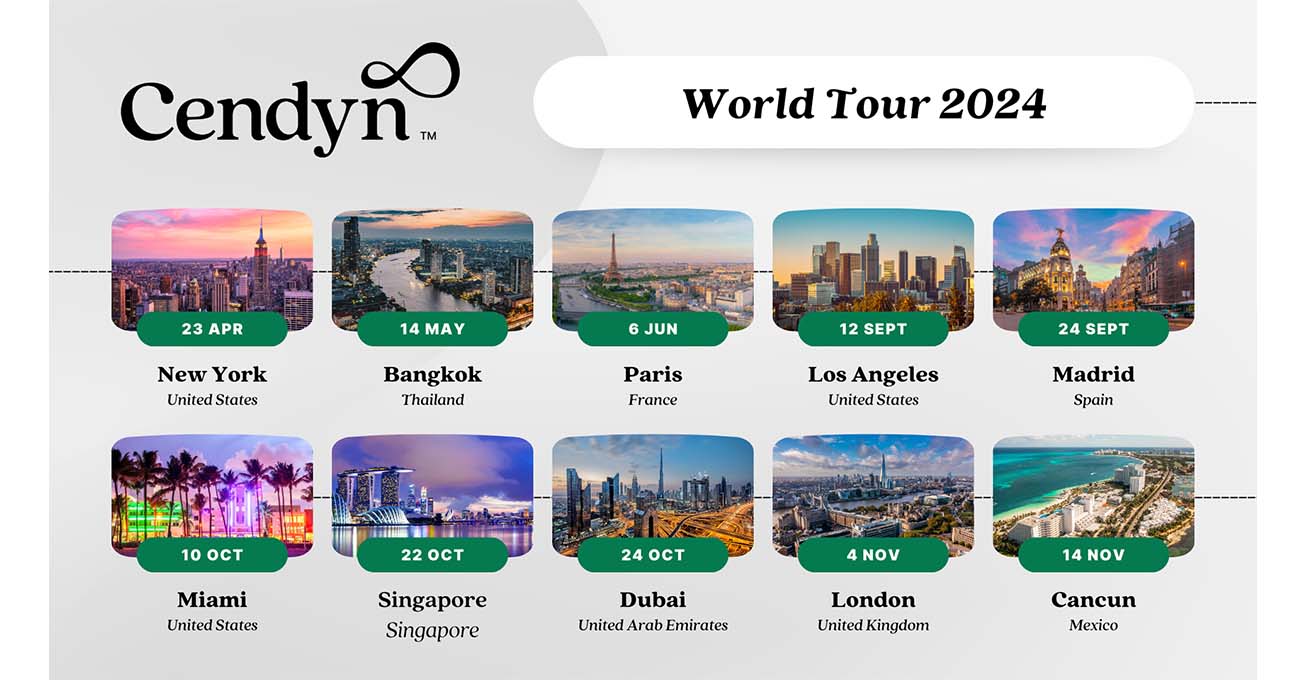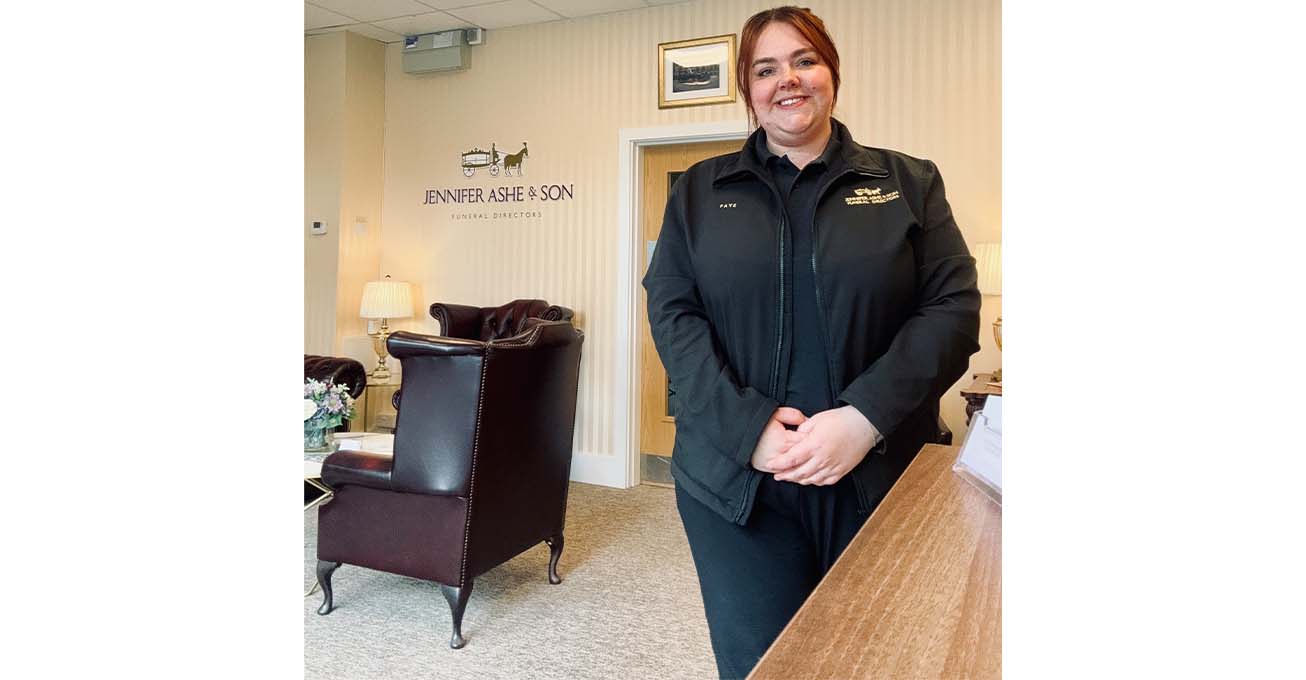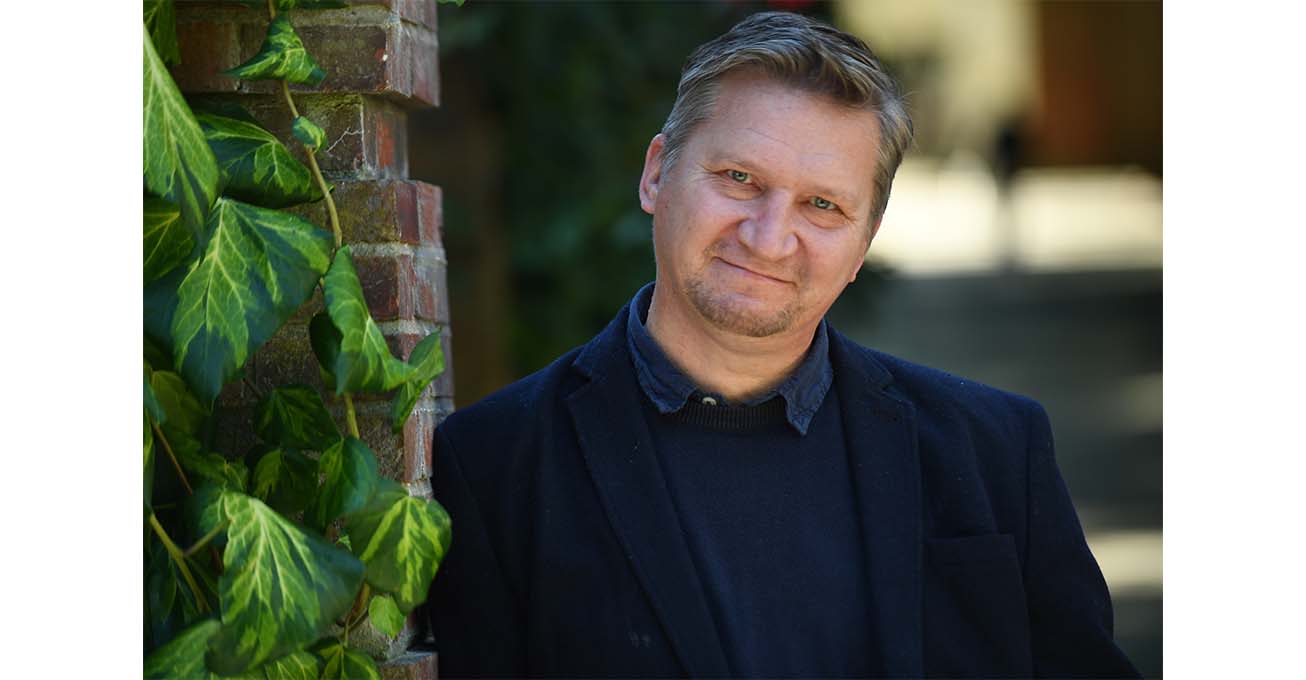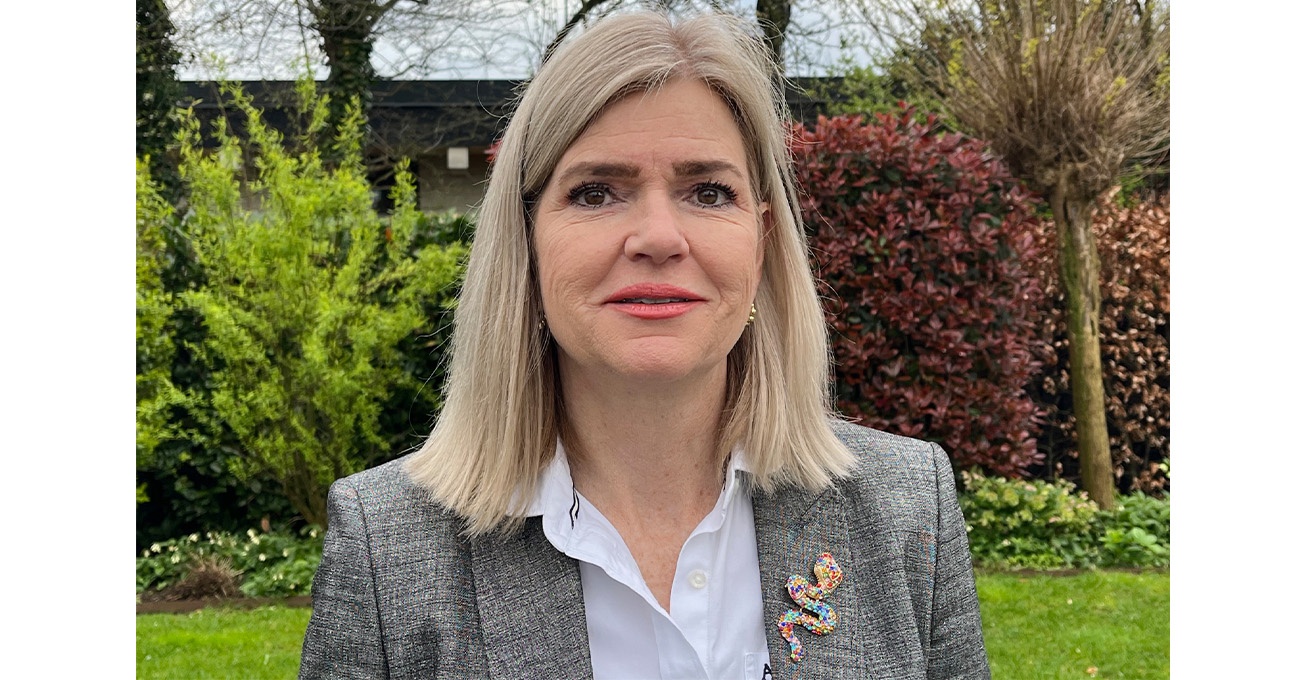A courageous and inspiring trend is emerging in a world where coming out stories are often dominated by younger voices. Women in their prime, often in their 40s and beyond, are boldly embracing their lesbian identities, rewriting the script on self-discovery and authenticity. This growing phenomenon, resonating across communities, is not just about coming out, but about becoming one’s own in the fullness of life.
Among these inspiring women is Polly Shute, who, at the age of 41, courageously stepped into her truth as a lesbian. Her journey, emblematic of strength and self-reclamation, extends beyond her personal narrative to her role in spearheading Out and Wild Festival, The UK’s biggest festival for lesbian, bi, trans, queer women and those who are non-binary. A festival that celebrates and encourages wellbeing, safety and inclusivity.
“I knew I was a lesbian and had my first relationship with a woman in my late teens, but I worked in very male dominated sectors. It was hard enough to be a woman at work, especially when I progressed to senior roles, let alone a queer woman. In the end, I became so unhappy with not being me. I left my job, went travelling for 7 weeks, and when I came back, decided to explore my sexual orientation – finally coming out to friends and family within 4 months of returning from my travels.”
The emergence of later life lesbians is reshaping conversations around sexuality and ageing, challenging the misconception that self-discovery and new beginnings are reserved for the young. These stories bring to light the complexities of navigating family, career, and social dynamics while embracing a newly affirmed identity. These women are not only claiming their space in the LGBTQ+ narrative but are also expanding our understanding of what it means to live authentically.
Coming out as a lesbian later in life presents its unique set of challenges, from navigating societal expectations to reshaping personal relationships. However, the strength to embrace this true identity often comes from the support of understanding communities, the empathy found in shared stories, and the resilience built through life’s experiences. Engaging with LGBTQ+ supportive networks, seeking professional guidance, and focusing on the liberating aspect of living authentically can provide the courage needed for this profound journey.
Polly advises those scared to come out later to, “Just do it. Life is short. And now, there is much more acceptance of being fluid in terms of sexual orientation. The data shows women are much more likely than men to identify as bisexual. So you should feel free to explore your sexual orientation and not have preconceived ideas about who you fancy, date or fall in love with.”
Polly’s experience and her work with Out and Wild Festival symbolise a beacon of hope and solidarity. The festival, while a part of her story, serves as a larger platform for celebrating and supporting the richness of experiences within the LGBTQ+ community. “I think most women would prefer to meet others in real life. We are not a dating festival but we are a space where attendees can connect with others through shared experiences. We find so many people come solo and then make friends and yes, we have had a lot of relationships start there.”
Research shows that only 21% of queer women and those who are non-binary, want to meet others through dating apps. Swiping and liking really doesn’t work for many!
The festival and the other year round events we run through Out & Wild, are great ways for people to meet like-minded others.


